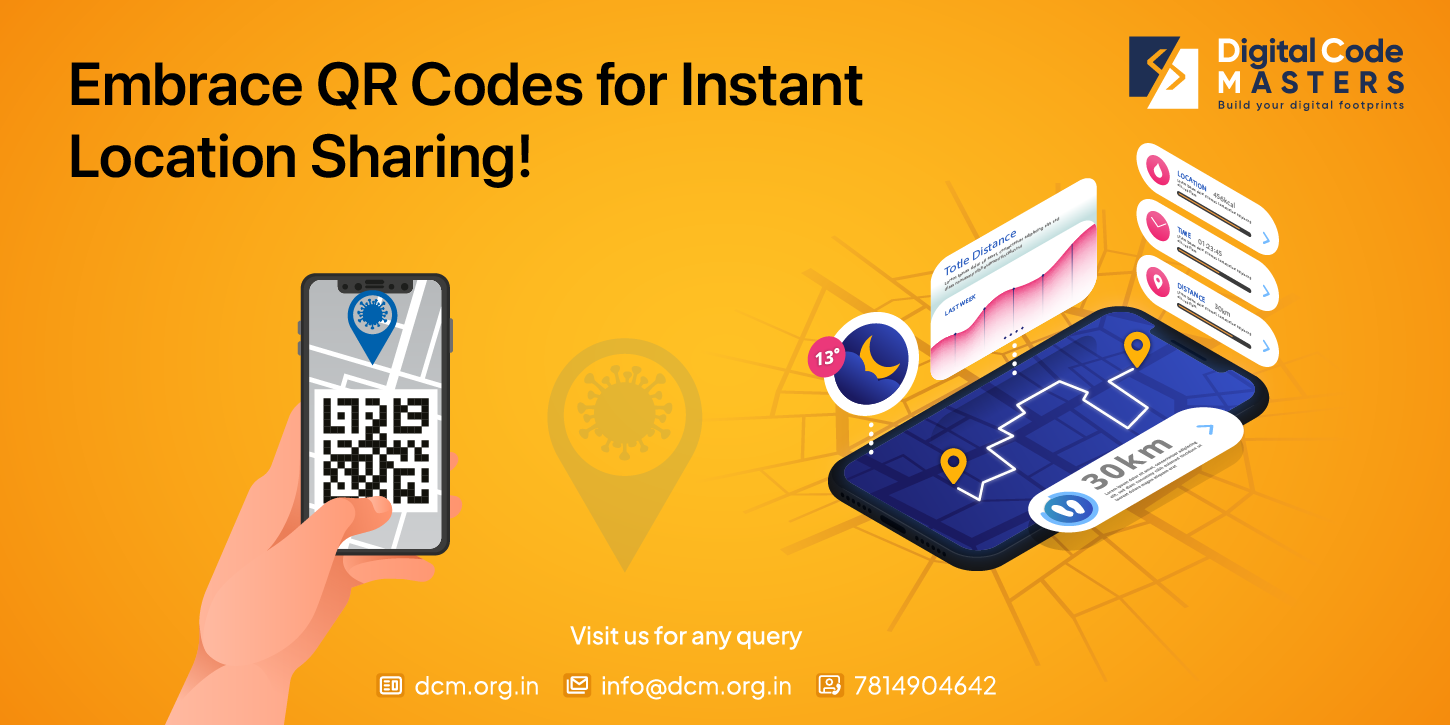
Blockchain technology has emerged as a game-changer in various industries, and the e-commerce sector is no exception. With its decentralized and transparent nature, blockchain has the potential to revolutionize the way online transactions are conducted, providing increased security, efficiency, and trust for both businesses and consumers.
So, how exactly can e-commerce businesses leverage the power of blockchain? Let’s delve deeper into the possibilities:
1. Enhanced Security
One of the primary concerns in the e-commerce industry is data security. With blockchain, sensitive customer information can be stored in a secure and tamper-proof manner. By utilizing advanced encryption techniques and distributed ledger technology, blockchain ensures that customer data remains private and protected from potential cyber threats.
2. Smart Contracts
Smart contracts are self-executing contracts with predefined rules and conditions. By automating the execution of agreements, blockchain eliminates the need for intermediaries, reducing costs and minimizing the risk of fraud. E-commerce businesses can utilize smart contracts to streamline various processes, such as order fulfillment, payment settlements, and dispute resolution.
3. Supply Chain Transparency
Blockchain provides unprecedented transparency in supply chain management. By recording every transaction on a distributed ledger, businesses can track the movement of goods from the source to the end consumer. This transparency not only improves efficiency but also enables consumers to verify the authenticity and origin of products, fostering trust and reducing the risk of counterfeit goods.
4. Decentralized Marketplaces
Traditional e-commerce platforms often suffer from issues such as high fees, limited payment options, and lack of trust between buyers and sellers. Blockchain-based decentralized marketplaces aim to address these challenges by eliminating intermediaries, enabling peer-to-peer transactions, and offering secure and transparent payment systems. These marketplaces empower small businesses and individual sellers, providing them with equal opportunities to compete with larger players.
While the potential benefits of blockchain in e-commerce are immense, its widespread adoption is still in its early stages. However, several governments around the world have recognized the potential of blockchain and have taken steps to embrace this technology.
Government Approvals and Initiatives
Various governments have approved blockchain transactions and are actively exploring its applications in different sectors. For example, the government of Estonia has implemented blockchain technology in its e-residency program, allowing individuals to establish and manage businesses online securely. Dubai is another example, with its ambitious plan to become the world’s first blockchain-powered city by 2020.
Additionally, governments are also exploring the use of blockchain for public services such as voting systems, land registry, and healthcare records. The immutability and transparency of blockchain make it an ideal solution for ensuring the integrity and security of critical government data.
In conclusion, blockchain technology holds tremendous potential for the e-commerce industry. Its ability to enhance security, streamline processes, and foster trust can significantly benefit both businesses and consumers. As governments worldwide recognize the value of blockchain, we can expect to see more widespread adoption and innovative use cases in the near future.




